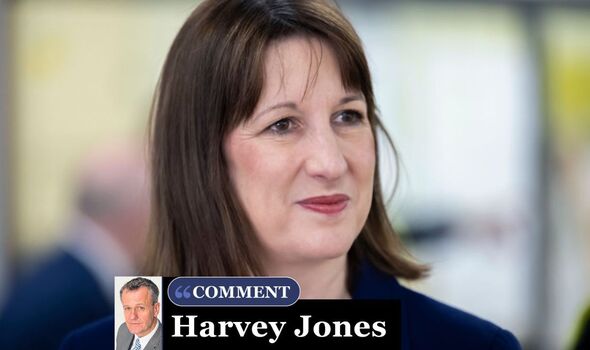Rachel Reeves: A Key Figure in UK Economic Policy

Introduction
Rachel Reeves has emerged as one of the most significant figures in British politics, currently serving as the Shadow Chancellor of the Exchequer for the Labour Party. Her role holds great importance as the UK faces multiple economic challenges, including inflation, rising living costs, and the impacts of Brexit. Reeves’ insights and policies are crucial to understanding the future direction of the UK’s economic landscape.
Current Economic Climate
The UK economy is currently navigating turbulent waters. Inflation has surged to levels not seen in decades, with the Consumer Prices Index (CPI) recently hitting 6.7%. Many households are struggling with the cost of living, prompting calls for urgent government intervention. As Shadow Chancellor, Reeves is positioned at the forefront of discussions addressing these pressing issues.
Reeves’ Economic Policies
Rachel Reeves has consistently proposed a range of policies aimed at stabilising and revitalising the UK economy. A cornerstone of her strategy includes advocating for a green transition to create sustainable jobs and revive local economies. In her recent speeches, she has stressed the importance of investment in renewable energy sources and public services, ensuring that they are resilient and capable of supporting future generations. Furthermore, she supports expanding skills training and promoting innovation in technology to help prepare the workforce for the changing job market.
Moreover, Reeves has been vocal about the need to reform tax policies to ensure fairness, calling for a comprehensive review to address inequalities in wealth distribution and support those most affected by rising costs.
Political Landscape and Future Outlook
As the Labour Party gears up for the next general election scheduled for 2024, Rachel Reeves’ performance as Shadow Chancellor will be scrutinised heavily. Her ability to connect with the electorate and articulate a clear economic vision will be pivotal for Labour’s success. Analysts predict that her leadership on economic issues could either be a decisive element for Labour’s victory or a setback, depending on how effectively she addresses public concerns.
Conclusion
Rachel Reeves stands at a critical juncture in British politics. Her policies and proposals will not only shape the Labour Party’s approach but also affect millions of lives across the UK. As the economy continues to face unprecedented challenges, her influence as a leader in economic reform is more crucial than ever. Observers will be watching closely as she navigates her role in these tumultuous times, solidifying her position as a key figure in the future of UK governance.








